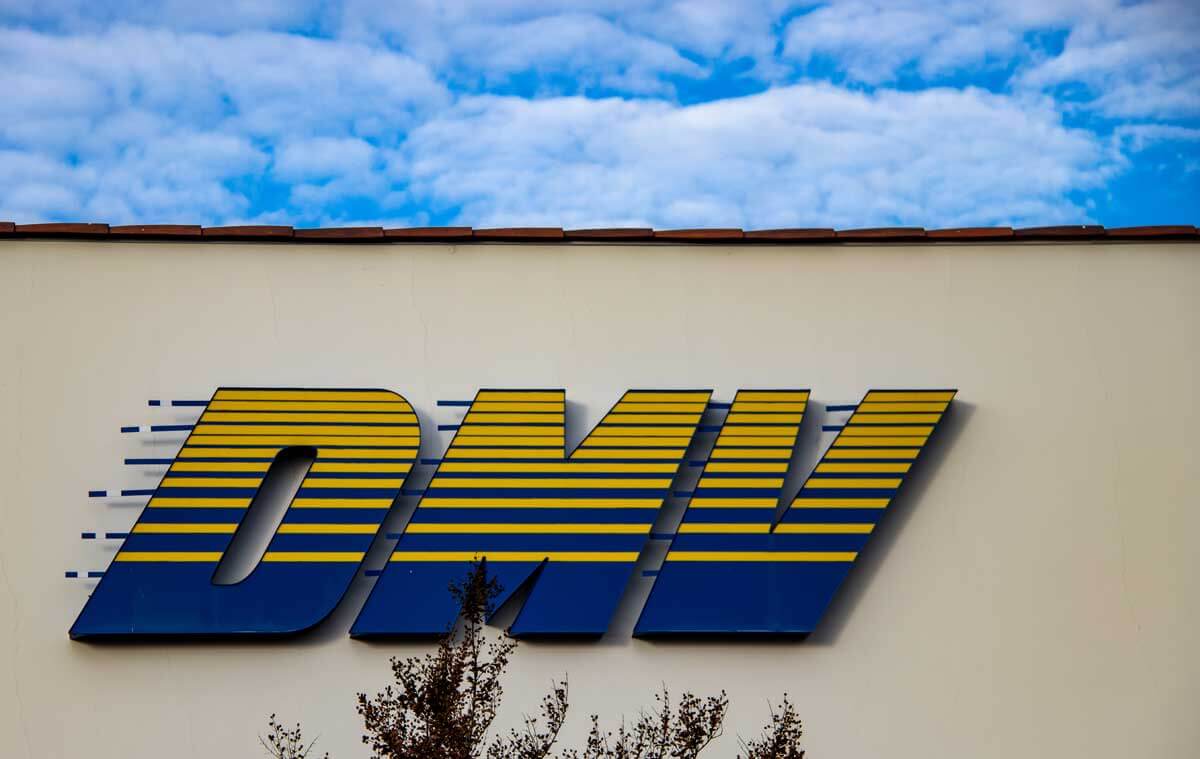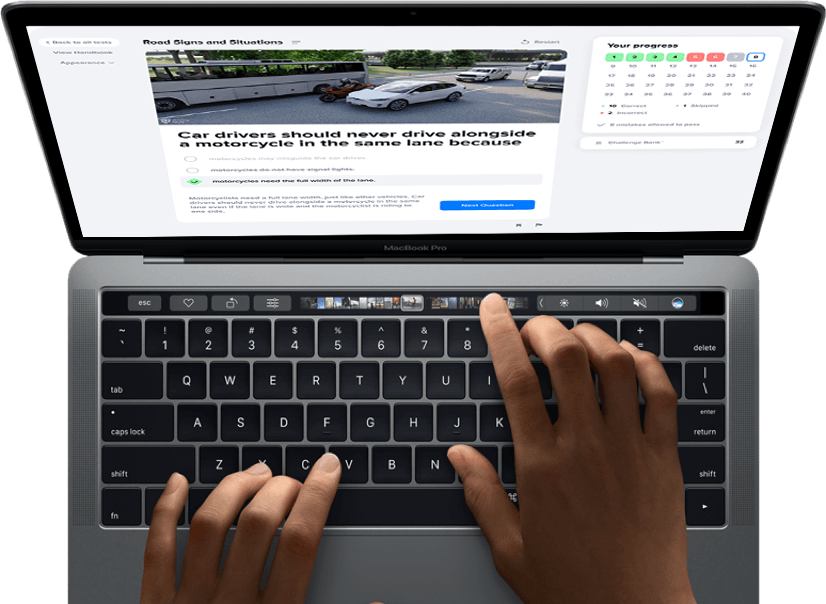Shopping for a car out of state is one of the best ways to find the car you’ve been dreaming of and also a way to find a better deal. No matter what your situation is, buying a car from a different state requires a couple more steps to help you avoid any issues along the way.
Things you need to worry about when buying a car out of state include sales taxes, registration, safety inspections, insurance, and more. Also, you should do your own due diligence on the condition of the vehicle before making the trip out there and wasting your time.
To help you buy a car outside of your home state, we have put together a few tips to guide you through the process.
You’re reading one of our “Beginner Driver’s Guide” articles. Need to practice for your upcoming exam? Take our free sample driving test -- no registration required! ✨
Read The Vehicle History Report
An easy first step of conducting your due diligence when shopping for a car in a different state is reading the vehicle history report. Obtaining a vehicle history report is similar to the idea of running a background check.
You want to ensure that the listing details provided by the seller match up the vehicle history report. Conduct a VIN lookup to get the report and find records of previous owners, accidents, and repairs. For a more in-depth report, you may need to pay a few dollars.
Set Up a Pre-Purchase Inspection

Making sure the car runs properly, or accordingly to the seller’s listing is the best way to avoid any lemons. As one of the most important steps, this could be one of the most difficult to set up.
Start off by finding a reputable mechanic in the area for the specific car you are looking to buy. If it is a luxury or sports car, it would be best for you to find a mechanic shop that specializes in that make/model. Go through online forums asking for recommendations to find a reputable shop. If it is a rather normal car you seek, your field of mechanic shops will be easier to scope out.
After you have found the shop you want to work with, you will need to coordinate a time for the seller and the mechanic to meet. This is the difficult part, since you are trying to coordinate two schedules and oftentimes one or both will fall through.
If you are successful, you should have the mechanic call when the inspection is complete and you would pay over the phone via credit card. Keep in mind that the inspection may not catch everything, but setting up a pre-purchase inspection is a great start and can save you airline fees or a long drive.
Take the Car Out for a Test Drive
After looking at the vehicle history report and pre-purchase inspection, it is best to take the car for a test drive even if everything else checks out. This is the final test before you sign all the paperwork and drive it home.
Ask for the Signed Title
Ask the seller to sign the title and to include all relevant information like odometer readings on there. Some states require a transfer-of-ownership document, which will be part of the title if required. Have them sign the transfer-of-ownership document as well.
Sign a Bill of Sale
Have the seller fill out a bill of sale form, whether or not it is required by the state, so you have a receipt of the transaction for tax purposes. Also, if you happen to get pulled over on the way home, you can show the bill of sale to prove you recently purchased the vehicle.
Know Your Tax Implications
If you purchase a vehicle in another state that doesn’t have sales tax, you are still expected to pay taxes, if the state you are driving it in requires you to. The sales tax is paid to your state’s DMV and is taken when you register the vehicle.
Contact your local DMV or tax advisor to help figure out the specifics behind the taxes you may owe.
Educate Yourself on Required State Car Inspections
You may be subject to certain inspections by your state with the new car. This may include, but is not limited to, state safety inspections, emission standards, and more. Call your local DMV or read through your state driving handbook to find out which inspections are required.
Register The Car

Different states will have different rules as to how soon you need to pay for a new title and registration for the vehicle. It can be as few as 30 days after bringing your car home, so check with your local DMV.
Get Car Insurance
Car insurance is a must when driving any car. Check with your insurance company to nail down what kind of insurance your newly purchased car will need.
If you currently have car insurance, make sure you are covered before taking possession of the car. If you don’t currently have car insurance, sign up for a new policy before travelling across state lines to pick up your new ride.
Buying a car from a different state has its unknowns, but it is your job to uncover those for a smooth buying experience. After following our tips on buying a car out of state, you will be out on the road feeling the cool breeze sooner than you think!





